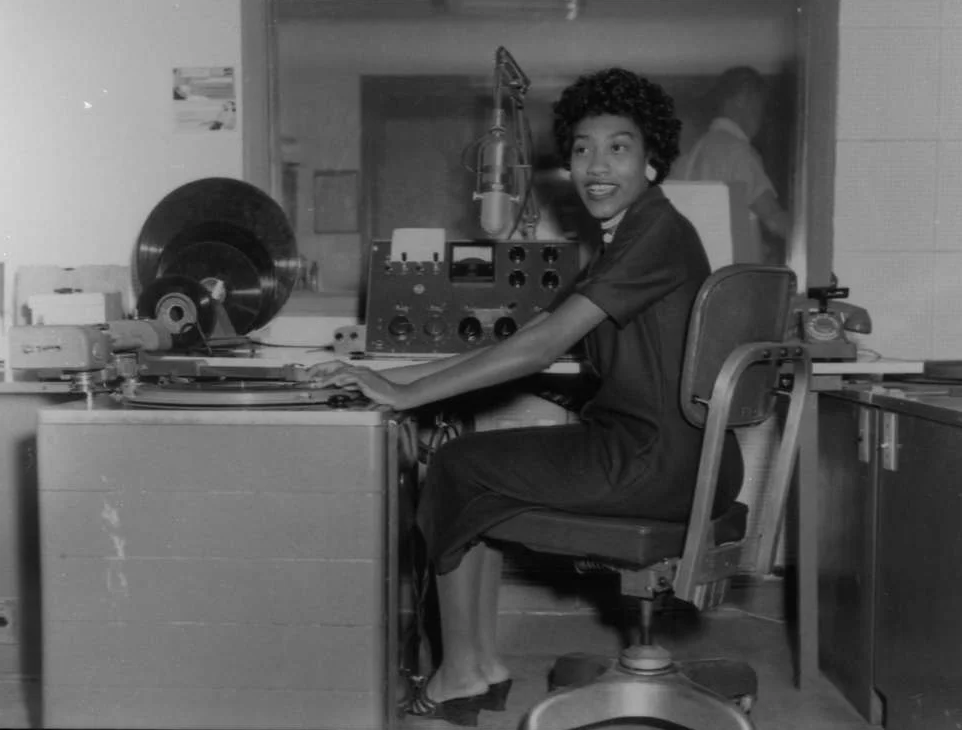Additional Resources
Digital Smith is the online presence for the Inez Moore Parker Archives at Johnson C. Smith University, and currently contains over 8,000 digitized items pertaining to the history of JCSU and its students, organizations, alumni, faculty, and administration. It also provides digital and living histories of the communities in the Historic West End that surround the university.
Digital Collections, University of North Carolina at Charlotte Drawn from the collections in the Department of Special Collections and University Archives and partner institutions, these resources emphasize the history of UNCC and the Charlotte-Mecklenburg region of North Carolina, particularly in the twentieth century, and include photographs, manuscripts, publications, oral history recordings, and more.
Charlotte-Mecklenburg Library Robinson-Spangler Carolina Room This department in Charlotte’s Main Library houses historical and current information on Charlotte, Mecklenburg County and North Carolina. It contains genealogical resources from all fifty states in print and online, maps, photographs, artifacts, rare books and resources on local history, and digitized exhibits as well as access to the Charlotte Observer and other local news resources.
Charlotte-Mecklenburg Historic Landmarks Commission The fundamental purpose of the Commission is to recommend the designation of properties for historic landmark designation and to secure their preservation through exercising design review and through buying and selling endangered historic landmarks. Their website also features in-depth survey and research reports on historic neighborhoods and structures in Charlotte and Mecklenburg County.
North Carolina Digital Heritage Center A statewide digitization and digital publishing program housed in the North Carolina Collection at UNC's Wilson Special Collections Library, the Digital Heritage Center works with cultural heritage institutions across North Carolina to digitize and publish historic materials online.
Behind the Veil - Duke University A selection of 410 recorded oral history interviews chronicling African-American life during the age of legal segregation in the American South from the 1890s to the 1950s, this page of the digital project provides oral histories about Charlotte and its environs.
History South This research, compiled and written by Charlotte historian Tom Hanchett, provides a concise and detailed history of the Historic West End neighborhoods surrounding Johnson C. Smith University.
Charlotte City Directories alphabetized lists of residents with addresses, spouse names, and professions as well as reverse lookups by address. A great resource for finding what businesses and homes were on every street and in every neighborhood, they often contain historical information on locales and go back as far as 1917 inCharlotte-Mecklenburg.
Smith Institute for Applied Research division of Johnson C. Smith University that endeavors to conduct research supporting community efforts in improving the neighborhoods surrounding the university. It is also the host of the Indaba, a place where representatives from the neighborhoods and businesses in the Northwest Corridor, elected officials representing the area, and civic leaders throughout Charlotte all come together to meet.
Five Points Historic West End This site funded by the Knight Foundation and operated by Charlotte Center City Partners aims to encourage meaningful and sustainable economic development in the West End, and also serves as a community calendar of events and a resource hub for news and networking in the community.
North Carolina Maps a comprehensive, online collection of historic maps of the Tar Heel State. Featuring maps from three of the state's largest map collections -- the North Carolina State Archives, the North Carolina Collection at UNC-Chapel Hill, and the Outer Banks History Center
Mapping Inequality provides records of the Home Owners' Loan Corporation, where you can browse more than 150 interactive maps and thousands of "area descriptions which illuminate the contours of wealth and racial inequality in Depression-era American cities and provide insights into discriminatory policies and practices that shaped American cities and still do today.
Charlotte Messenger, via the Digital NC Heritage Center, provides full scans of this early black newspaper that was produced in Charlotte, issues are from 1882 - 1889.
Below is a short documentary about the Historic West End created by Kevin Mitchell and Surface Media Group to accompany the RCLM37 exhibit on gentrification in the community, on display in the James B. Duke Memorial Library at Johnson C. Smith University:
